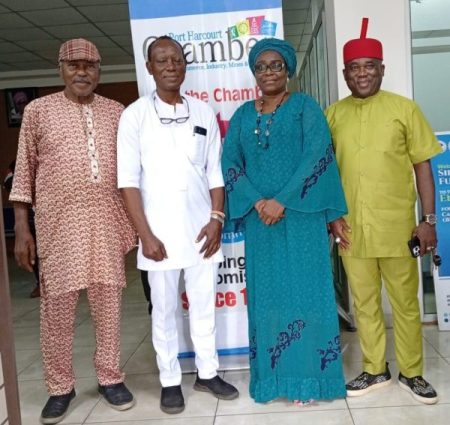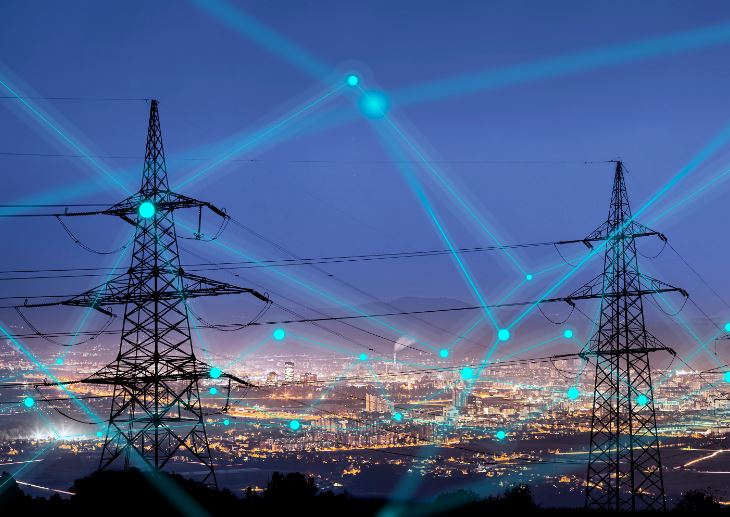20 June 2012, Sweetcrude, LAGOS – NIGERIA would soon experience a solar-powered telecommunications network tagged WorldGSM through a company under the Shyam Group, VNL. Shyan Group is a West African and Middle East-based Operator.
According to VNL, WorldGSM will be the first solar-powered broadband network in Nigeria and has been designed to serve rural populations in developing economies. It will also help to bring mobile infrastructure to billions of people yearning for it in the rural and remote areas.
The network draws no power from the electricity grid. The hardware, software, towers and network architecture have been designed from the ground up, to extend existing GSM networks into areas that were difficult to serve.
Chairman of Shyam Geoup, Mr. Rajiv Mehrotra, described WorldGSM as a completely solar powered broadband network solution for rural and remote locations with aclear cut agenda to cater for rural consumers who don’t live in cities and have ARPUof 3 dollars or less.
He said that the fact that the rural dweller needed services that would cope with their low ARPU and also be profitable, necessitated the innovation of this solution which does not run on diesel.
“The general purpose network of GSM is entirely unsuited to the unique challenges of serving rural and remote communities. As operators continue to expand their networks into these areas, these challenges can escalate to a point where any further expansion is no longer viable.
“As a result, vast portions of the developing world are denied telecommunication access. Power was clearly not an issue when GSM was conceived. A conventional base station site alone requires about 3,000 to 5,000 watts to run and this is outside of any Base Station Controller (BSC) or Mobile Switching Center (MSC),” Mehrotra said.
He observed that in remote areas in Nigeria, there is either no electricity grid or it’s only available for a few hours each day. Diesel generators are used to fill the gap times, resulting in several billion litres of diesel fuel being burned every single year and that diesel prices are just one part of the story.
He added that “poor fuel quality, cost and time to transport it to remote locations, storage costs, pilferage and theft made this power source unsustainable for rural GSM deployments. The generators themselves are typically overworked and poorly maintained, resulting in replacement every two or three years and also result into more waste and more greenhouse gas emissions”.




